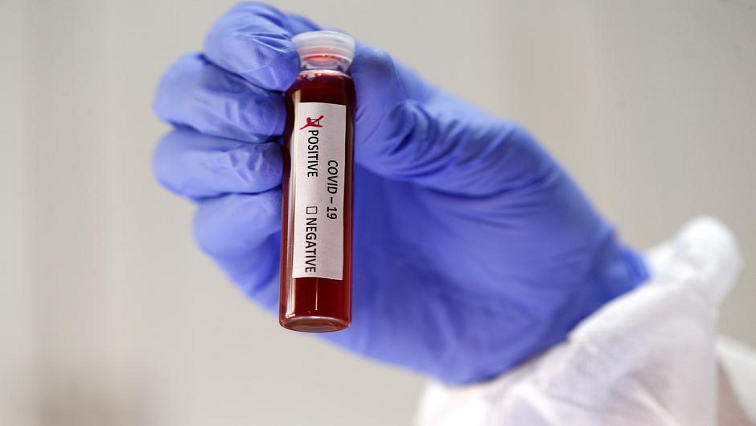The confirmed number of COVID-19 cases in the Western Cape now stand at 657 with the City of Cape Town having the highest infections.
Premier Alan Winde says the Cape Metro has 548 confirmed coronavirus contaminations, Mossel Bay has 17 infections, Stellenbosch 16, Knysna and George each have 13 cases, nine in the Overstrand, and Drakenstein and the Breede Valley have six each. Bitou and Hessequa each recorded five confirmed infections of COVID-19.
Winde says the Western Cape has had 184 people who have recovered from the deadly virus, while there are still 35 Covid-19 positive patients in local hospitals, with 18 of these in intensive care.
Media Release: Update on the coronavirus | 14 April 2020 | As of 00h01 on 14 April, the Western Cape has recorded 657 confirmed cases of COVID-19 infection. Full statement: https://t.co/1uYyPGrhzT pic.twitter.com/5aL1BvLUwT
— Premier Alan Winde (@alanwinde) April 14, 2020
SA coronavirus cases rise to 2 415
Health Minister Zweli Mkhize has announced that the number of confirmed coronavirus cases in the country has risen to 2 415 up from Monday’s 2 272.
He made the announcement at the O.R. Tambo International Airport in Johannesburg where China has donated personal protective equipment to South Africa. Gauteng has 909 cases, followed by Western Cape with 643 cases .
South Africa has so far conducted more than 87 000 coronavirus tests.
“We believe we are now seeing a lot more of the testing that is coming from the public sector, ” says Mkhize.

Loading…
Economic impact
Reserve Bank Governor Lesetja Kganyago says the extension of the lockdown period is expected to have a severe impact on the economy, with an expected increase in job losses.
His comments follow a unanimous decision by the bank’s Monetary Policy Committee to once again cut interest rates by one-percentage-point for the second time in less than a month.
This brings down the repo rate to 4.25%, the lowest rate ever recorded.
“South Africa’s lockdown has been extended by an additional fourteen days, bringing the total lockdown period to 35 days. Both the supply and demand side of this extension reduces growth and deepen it as businesses stay shut for longer and households with income spend less,” says Kganyago.
“This will likely increase job losses with further consequences for aggregate demand. The impact will be particularly severe for small businesses and individuals with earnings in the informal sector.”
In this video, reaction to South African Reserve Bank emergency interest rate cut:

Loading…






